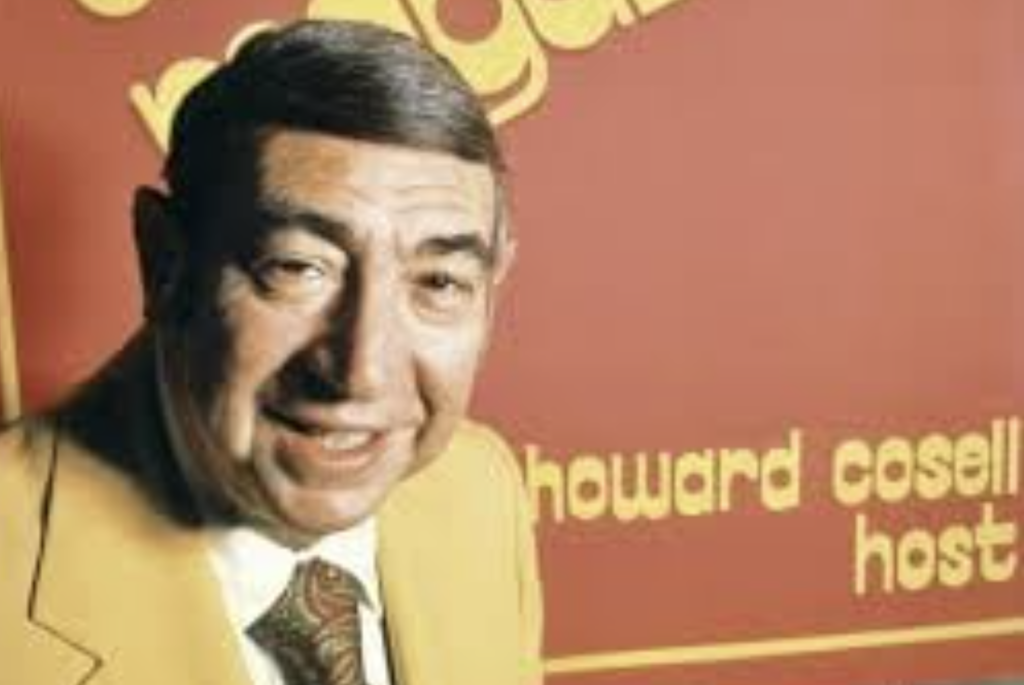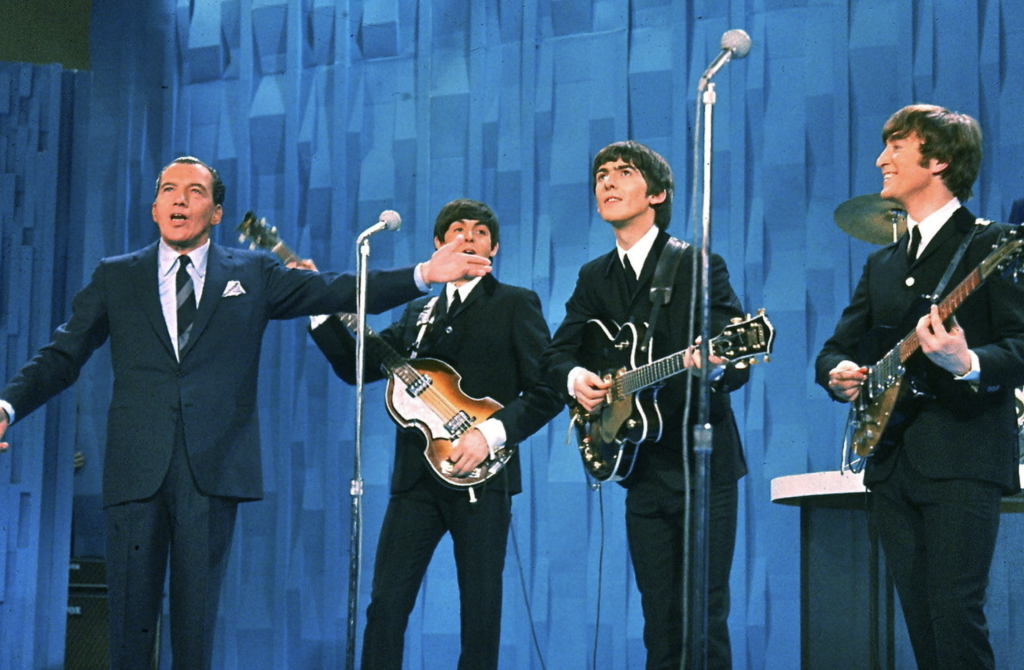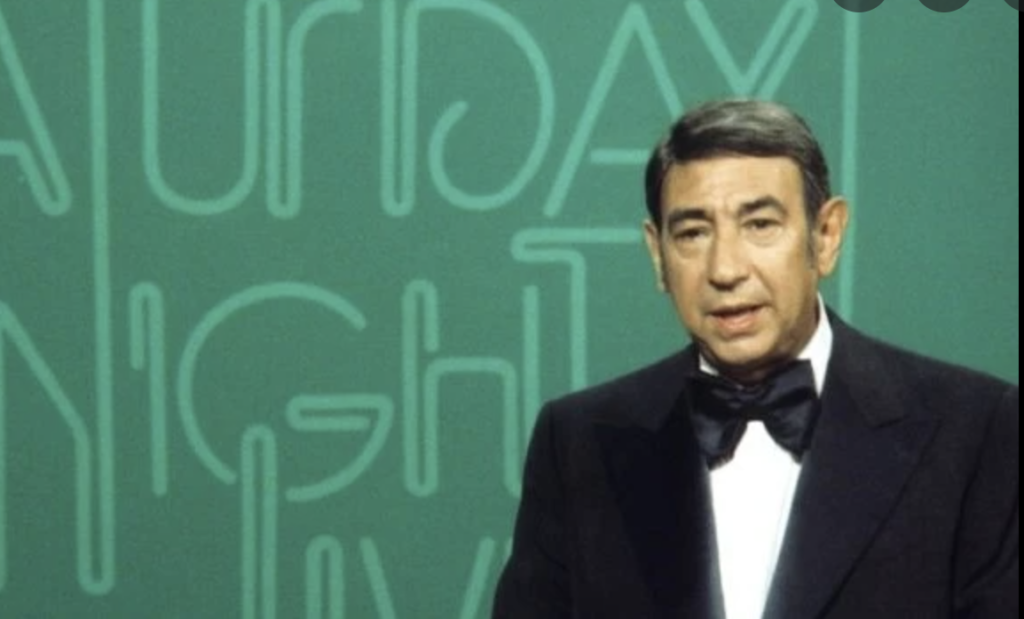I saw a post on Facebook by television personality Roy Firestone in which he expressed annoyance that he made a reference to Howard Cosell on a morning TV show in Los Angeles and the host had no idea who Cosell was.
He cited other shows in which various people had no idea who Bing Crosby or Bob Hope were.
“The concept of legacy means virtually nothing anymore,” Firestone said. “Demographics rule, and there’s a kind of cultural tyranny against the greats of the past. They are considered relics and uncool.”

I’m not sure many people outside of sports broadcasting remember Cosell, if he is forgotten, it isn’t all that outrageous. There are essentially two reasons to remember him, and only one of them really matters.
He deserves a great deal of credit for standing up for Muhammad Ali during the years Ali was being demonized for not wanting to serve in the War in Vietnam.
Period.
He also deserves some credit for his effort to “tell it like it is” as a television broadcaster as one of the three men on the original Monday Night Football broadcasts starting 1970.
The problem is, he was in some ways horrible on those broadcasts, at least partly for being maybe the most New York-centric person ever on national TV. No matter who was playing, Cosell would always find a way to bring the New York Giants or Jets into the conversation.
It started on the very first MNF game ever. The Jets were playing a pretty good Cleveland Browns team in front of 85,703 in Cleveland. The Browns dominated the game and won, 31-21, but all Cosell talked about all through the game was the Jets and the great Joe Willie Namath.
You would hardly have known there were two teams playing.
Maybe his high point and low point was in 1975, when ABC-TV got the bright idea on a new Ed Sullivan-type show, “Saturday Night Live with Howard Cosell.” It’s the reason NBC’s long-running comedy series wasn’t called “Saturday Night Live” until its second year.
Cosell’s show lasted four episodes.
I guess Firestone’s outrage is probably just a Baby Boomer thing. He was born in 1953, and so many Boomers just seem to be outraged that our cultural icons — the ones from our childhood — don’t still rule the roost. I mean, “Leave it to Beaver,” “Gilligan’s Island” and “The Beverly Hillbillies” were fun shows, but nobody is going to remember them a hundred years from now.
Actually, Ed Sullivan was a much bigger deal than Cosell, and if it weren’t for Elvis Presley and the Beatles, he would be all but forgotten. His show was on Sunday nights from 1948 to 1971, a total of 1,070 episodes.

But as George Harrison sang seven years after the Sullivan show, all things must pass.
The popular culture of the ’50s and ’60s passed away, just as that of the ’70s, ’80s and ’90s. If some things carry over from one era to the next, they tend to be the exceptions that prove the rules.
Even in the moment, our culture has become so incredibly fragmented. As recently as 1983, more than 100 million people watched the final episode of “M*A*S*H,” and nothing but Super Bowls even approach those numbers now.
There are no Ed Sullivans or Howard Cosells anymore, no Johnny Carsons or David Lettermans. Everybody has their favorites, but it isn’t at all uncommon anymore that someone who is one person’s favorite might not even be known to that person’s friend.
There aren’t anything remotely resembling so-called “water cooler shows” anymore, and since COVID-19, there aren’t even movies crowds rush out to see the first weekend they open.
I would say Howard Cosell would be spinning in his grave, but he wouldn’t care.
He would only spin in his grave if it was about him.

